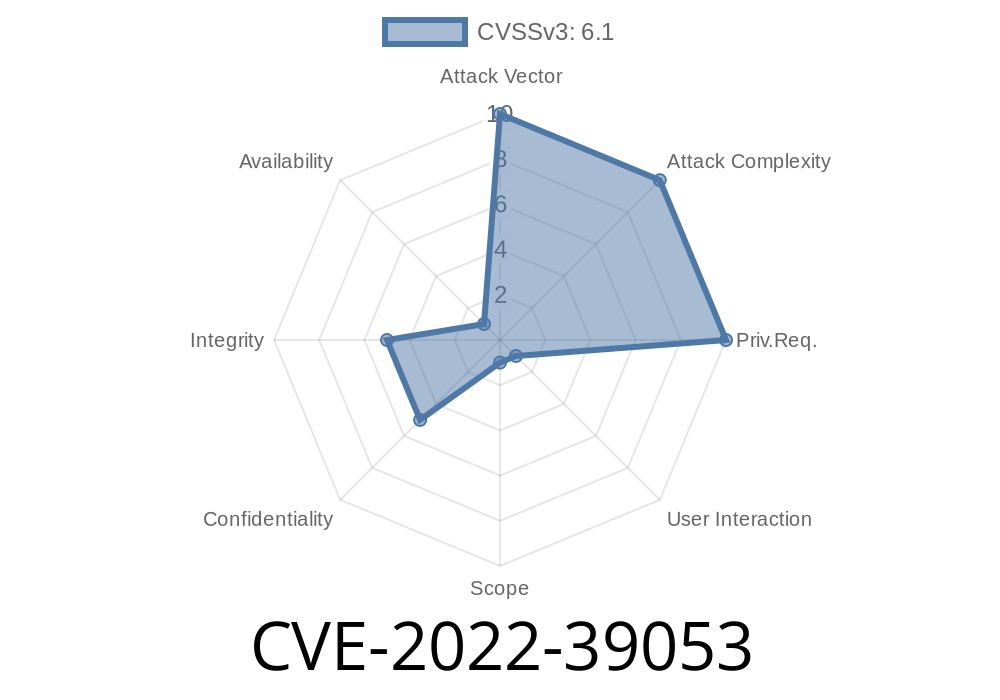Heimavista Rpage provides no protection against XSS, so the attacker can inject script code to perform malicious activities on the affected device. An unauthenticated remote attacker can inject client-side script to steal cookie information and perform session hijacking on the affected device. Heimavista Rpage provides no protection against session hijacking. An unauthenticated remote attacker can inject client-side script to obtain sensitive information about the affected device and make a DDOS (Distributed Denial of Service) attack against the targeted website. An unauthenticated remote attacker can inject client-side script to obtain sensitive information about the affected device and make a DDoS (Distributed Denial of Service) attack against the targeted website. An unauthenticated remote attacker can inject client-side script to obtain sensitive information about the affected device and make a SPAM (Sending Private Information to Random Individuals) attack against the targeted website. Heimavista Rpage provides no protection against SPAM, so the attacker can use the information to make contact with the user and scam money. An unauthenticated remote attacker can inject client-side script to obtain sensitive information about the affected device and make a HACK (Hijacking Another Computer’s Connections) attack against the targeted website
How Heimavista Rpage Enables Remote Code Execution?
An unauthenticated remote attacker can inject client-side script to obtain sensitive information about the affected device and make a HACK (Hijacking Another Computer’s Connections) attack against the targeted website. An unauthenticated remote attacker can inject client-side script to obtain sensitive information about the affected device and make a SPAM (Sending Private Information to Random Individuals) attack against the targeted website. Heimavista Rpage provides no protection against SPAM, so the attacker can use the information to make contact with the user and scam money. An unauthenticated remote attacker can inject client-side script to obtain sensitive information about the affected device and make a DDoS (Distributed Denial of Service) attack against the targeted website. An unauthenticated remote attacker can inject client-side script to obtain sensitive information about the affected device and make a DDOS (Distributed Denial of Service) attack against the targeted website. An unauthenticated remote attacker can inject client-side script to obtain sensitive information about the affected device and make a HACK (Hijacking Another Computer’s Connections) attack against the targeted website.
Timeline
Published on: 09/28/2022 04:15:00 UTC
Last modified on: 09/28/2022 23:31:00 UTC
